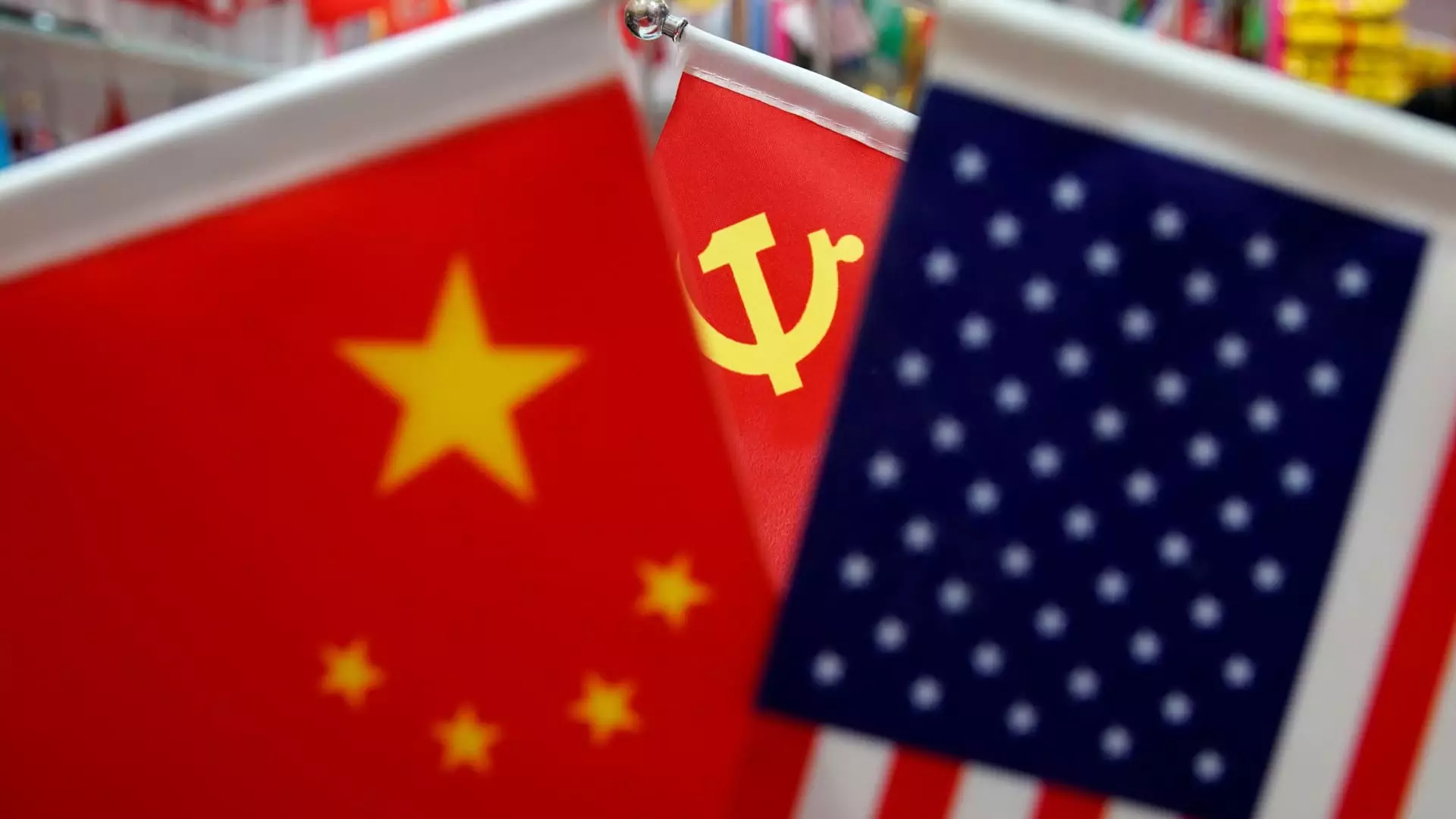In the wake of the anticipated inauguration of President-elect Donald Trump, China has reiterated its commitment to fostering bilateral cooperation with the United States. The timely remarks stem from a growing concern over the potential implications of Trump’s administration on U.S.-China relations, particularly regarding trade policies. He Yongqian, a spokesperson for the Ministry of Commerce, articulated China’s readiness to engage with the U.S. based on mutual respect and a shared vision of peaceful coexistence and win-win cooperation. This marked a significant moment for China, as it navigates through an increasingly complex geopolitical landscape.
China’s overtures come as Trump has signaled that his administration may pursue more aggressive trade policies, including possible tariffs that could affect Chinese imports. With escalating rhetoric about trade imbalances, there is a palpable sense of apprehension within Chinese economic circles. Economic experts such as Yue Su pointed out the likelihood of the Trump administration imposing new tariffs shortly after taking office, which could exacerbate already strained trade relations. This scenario highlights the need for both nations to establish a dialogue that mitigates economic friction while exploring cooperative routes toward mutual benefit.
Analyzing the Economic Landscape
Notably, the concerns center around various tariffs that may be implemented in response to U.S. trade deficits with China. Analysts suggest that the legal frameworks available to Trump—such as the International Emergency Economic Powers Act—could lead to more swift actions against Chinese goods. Critics of such policies raise alarms about their potential impacts on global markets, forecasting a ripple effect across economies in Asia and beyond. The apprehension is not unfounded, as an aggressive tariff regime could stifle economic growth not only within China but also affect the broader economic equilibrium.
However, there is a counter-narrative presented by financial strategists like David Chao, who argue that Trump’s more extreme tariff propositions may not materialize. Chao posits that the newly elected administration might opt for a more diplomatic approach, focusing instead on securing trade concessions from China—such as increased agricultural purchases. This suggests an underlying belief that, despite the strong rhetoric, economic pragmatism could influence decision-making. The expectation is that the Trump administration will recognize the complexities of imposing tariffs that could inadvertently harm U.S. interests as well.
As China navigates its relationship with a potentially adversarial U.S. administration, the appeal for open dialogue underscores a strategic approach to maintaining economic stability. The repercussions of Trump’s trade policies could reshape the landscapes of international commerce. Both nations stand to gain from fostering channels of communication, bringing to light the pressing need for collaboration over conflict. The forthcoming years will undoubtedly test the resilience of U.S.-China relations, where diplomacy may prove to be the most prudent course of action for mutual advancement.


Leave a Reply